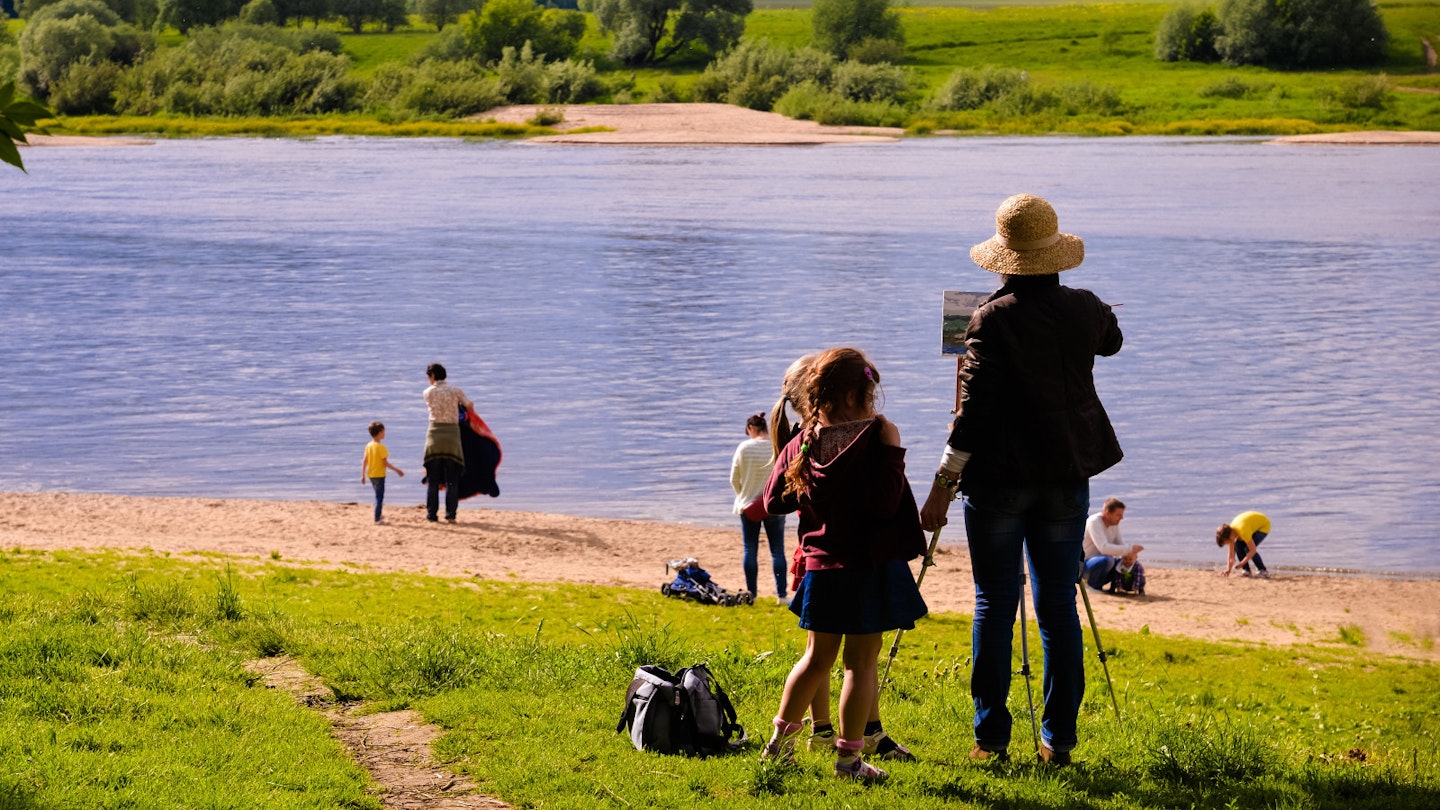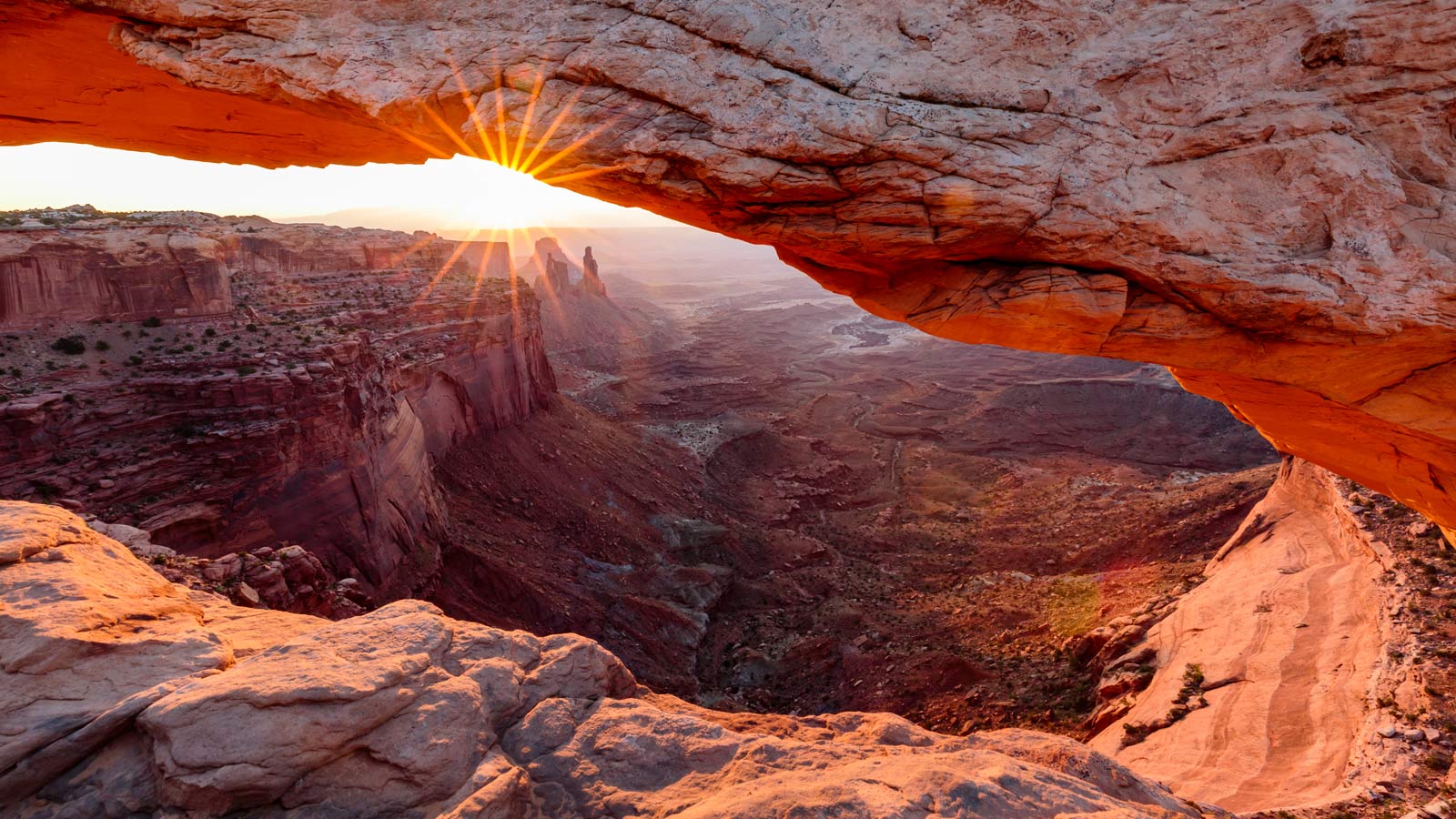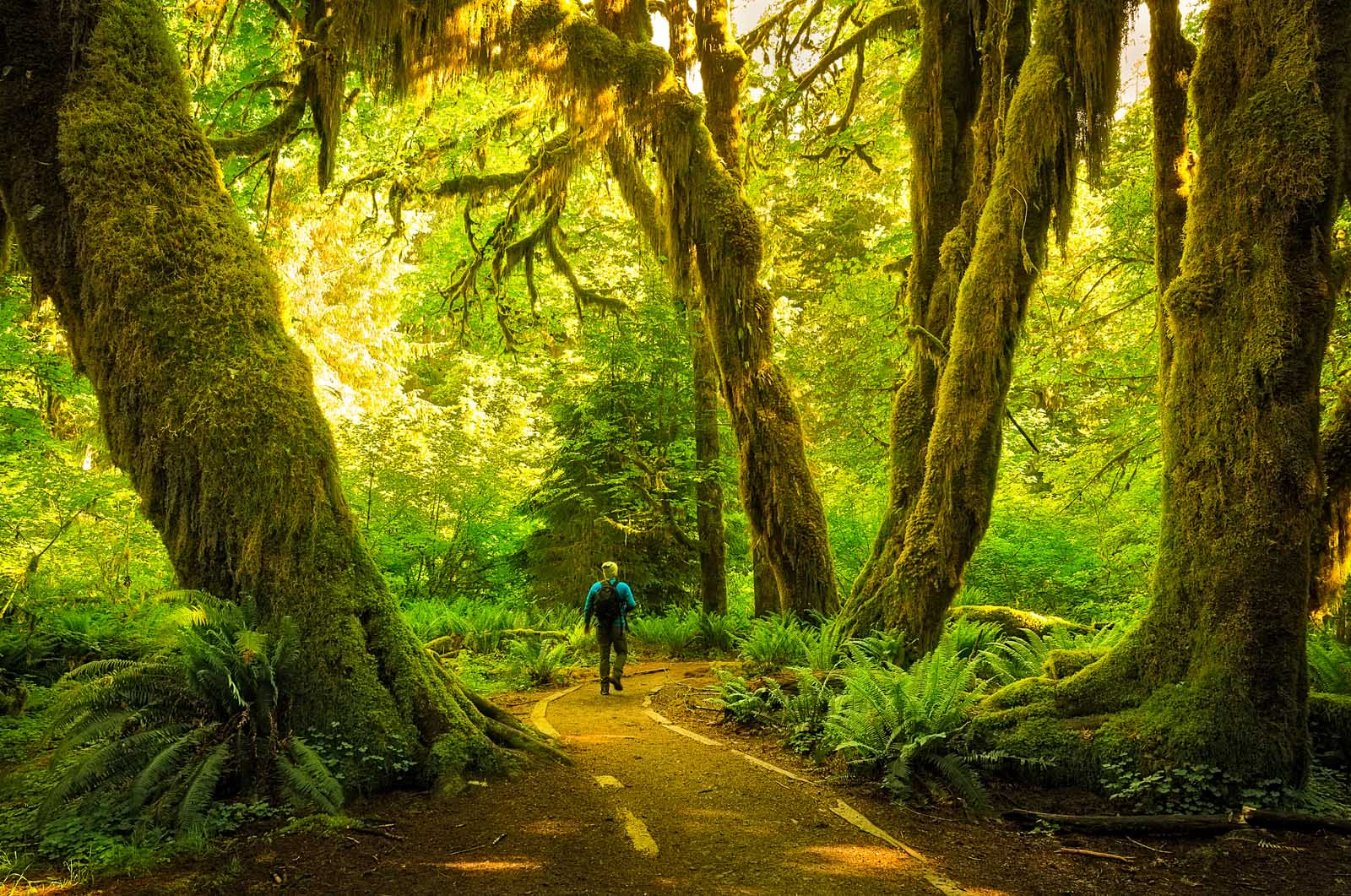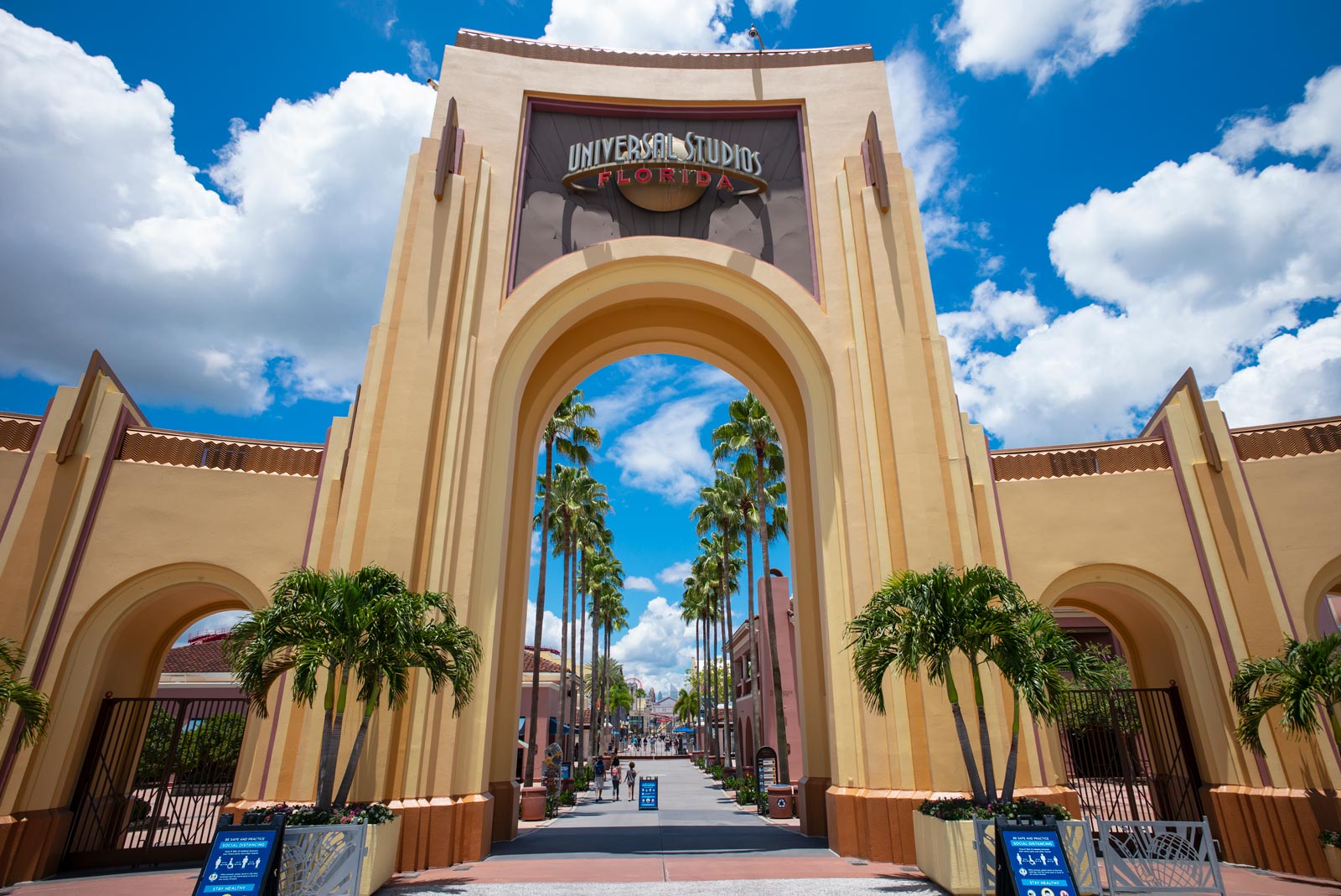Discover Bohemian Retreats Along the Oka River
Nothing in classic Russian literature captures the idea of paradise lost better than Anton Chekhov’s The Cherry Orchard. The M2 highway going directly south from Moscow passes a few notable countryside retreats – including Chekhov’s own at Melikhovo (80km) where the writer’s modest estate, now a wonderful museum, is located. However, the main ‘cherry-orchard’ belt lies further south.

Historical Significance of the Oka River Valley
Since the end of the 19th century, urban escapists have been gravitating towards a cluster of bohemian dacha (country house) settlements in the valley of the Oka River around the sleepy town of Tarusa, roughly 130km down the M2. Moreover, the practical reason for these bohemian migrations was the aftermath of the Gulag, where many survivors were restricted from settling closer than 100km from Moscow.
The story begins long before the Soviets, with artist Vasily Polenov, who built an estate across the river from Tarusa in the 1890s. His funds came from a single painting he sold to the tsar – Jesus and the Sinner Woman, currently displayed at the Russian Museum in St Petersburg. The estate, now called Polenovo, remains a primary attraction for visitors to the area.

The Eclectic Architecture of Polenovo
The estate’s diverse architectural styles reflect the progressive cultural trends of that age – revealing the owner’s fascination with Germany, Italy, and Russian folklore. Polenov named each building romantically; for example, the quaint cottage housing the artists’ studio is called ‘the Abbey’. A summer theatre, with ancient Greek and Gothic elements covered in red American ivy, stands further along a path lined with gigantic fir trees.
The local peasants were welcome to enjoy the plays, which explains why Polenov remarkably retained the estate after the 1917 revolution and lived out his days there. Today, the estate operates as a museum, still managed by his family. Visitors can enjoy leisurely walks through the woods, fields, and along the meandering river with its sandy beaches. The water warms enough for swimming in summer (although caution is advised due to a strong current!).

Modern Culinary Delights
Today, the area attracts a trendy crowd reminiscent of Polenov’s era. Mark & Lev restaurant exemplifies Moscow’s gastro-hipster culture, showcasing local production in light of the food bans from the EU. Branding themselves as a ‘locavore place,’ they source most products from a nearby farm and subject traditional Russian staples to modern cooking techniques, resulting in delightful dishes. Be sure to try the steamed sturgeon with spelt, paired with house-made kvas (a traditional fermented drink) or local beer.
Located approximately 5km from Polenovo back to the main highway, it’s possible to walk along the riverbank through the village of Bekhovo, where you can find a charming art nouveau church designed by Polenov in 1904. Further down the road, explore Podmoklovo, which hosts an interesting Italianesque church. This charming village is also the venue for an annual medieval music festival featuring period instruments.

Exploring Tarusa and Surroundings
If you’re seeking a bohemian refuge, a road from the Polenovo estate leads to the village of Dvoryaninovo. Here, Bolotov.Dacha serves as a countryside hotel operated by the popular co-working chain, Tsiferblat. This blue wooden mansion features a cozy common area with a fireplace and houses aspiring authors and designers. Guests can indulge in exquisite meals sourced from Mark & Lev farm, ideal for both day trips and overnight stays in charming dacha-style rooms on the second floor.

Across from Polenovo, the charming town of Tarusa continues to be a haven for creatives. It features quaint wooden cottages along the river, serving as a retreat throughout the 20th century. Notably, Ivan Tsvetaev, the founder of the Pushkin Museum of Fine Arts, brought his family here in the early 1900s. The house now functions as a museum, representing a true paradise lost for his daughter, Marina Tsvetaeva – a poignant spirit in Russian poetry.
A striking statue of Tsvetaeva, alongside a baroque bell tower, overlooks the river valley. Nearby, you can explore the Tsvetaev family house, home to an engaging museum. For an authentic glimpse of bohemian dacha life, consider visiting the house-museum of Konstantin Paustovsky, who depicted nature throughout his literary career, escaping the risk of the Gulag.

Culinary Experiences in Serpukhov
Tarusa offers a couple of delightful lunch and dinner options. Tarusskoye Vremya is a charming cafe featuring a remarkable collection of Soviet-era clocks, serving delectable bliny (pancakes). A courtyard outside showcases whimsical metal art objects and ironic portraits of Tarusa’s residents created by a local artist. Another option is Cheburechnaya, a straightforward and affordable eatery famous for its chebureki (Tatar meat pastries) and pelmeni (dumplings). This wooden establishment also houses Hostel Dubrovsky, offering comfortable singles/doubles for R1000/1200.
If luxury is what you crave, consider visiting the Welna Eco Spa Resort, located just outside Tarusa. The resort’s design blends traditional dacha aesthetics with modern comforts, featuring both indoor and outdoor pools, a spa complex with Finnish and Russian-style saunas, a Turkish hamam, and even an ice cave to cool off after a persistent steam. Furthermore, several larger resorts in the area provide a range of accommodations along with onsite restaurants welcoming non-guest visitors.

Getting There: Travel Tips
Both Tarusa and Polenovo can be accessed by bus or taxi from Serpukhov, which is connected by train to Moscow’s Kursk station (Kursky vokzal). However, you’ll gain a far superior experience if you rent a car for flexibility. Serpukhov boasts a charming historic center filled with low-rise buildings once occupied by the provincial bourgeoisie, along with a couple of medieval treasures such as the Vysotsky Monastery. The expansive main square is home to several delightful cafes, with the family-owned Matryona serving traditional Russian staples.
A major attraction nearby is a bison nursery established to replenish the population of zubr (European bison). Born in captivity, the bison are gradually adapting to the wild in the Prioksko-Terrasny Nature Biosphere Reserve. However, many remain reliant on feed provided at the park’s headquarters, where visitors can meet these majestic creatures and perhaps offer a carrot or two provided by the rangers. The road to the bison nursery begins opposite the Serpukhov turn on M2.




